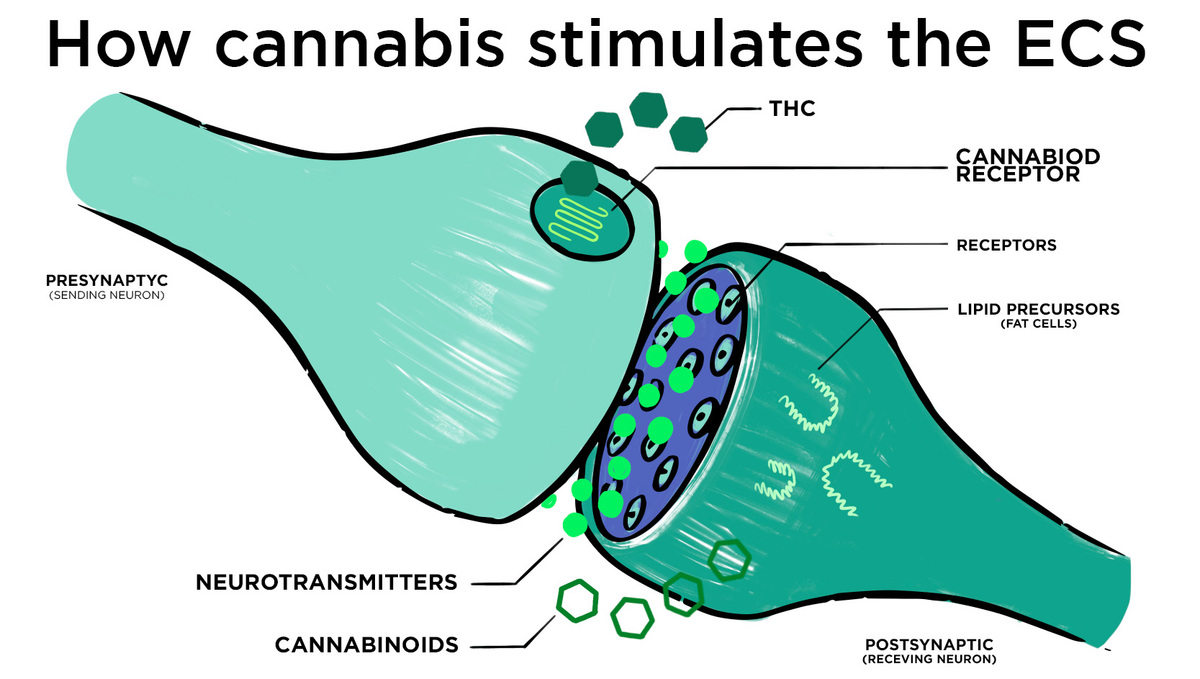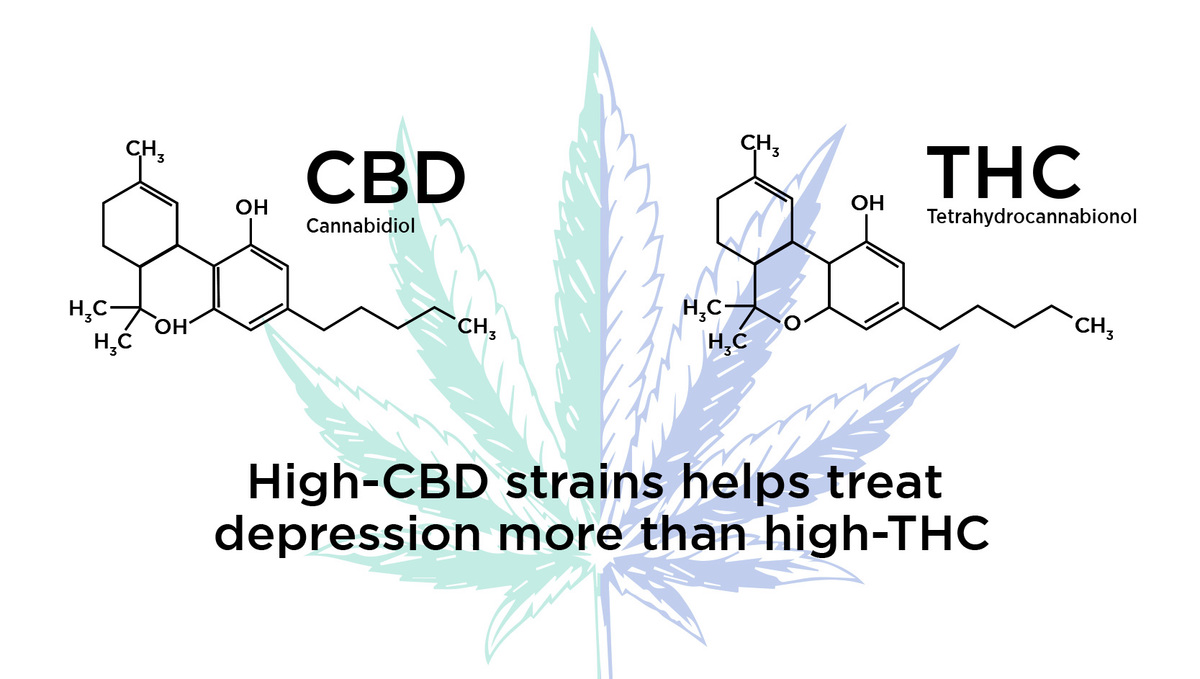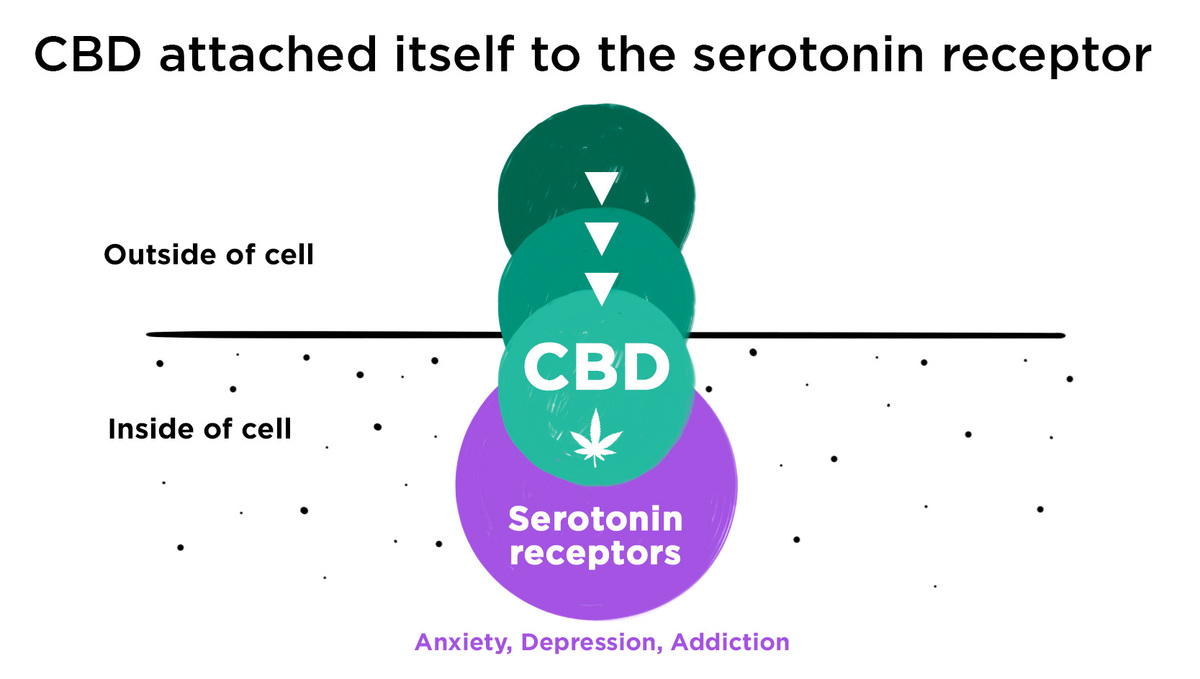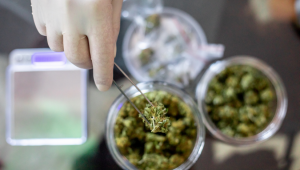Can Cannabis Treat Depression?

- 1. What exactly is depression?
- 2. Types of depression
- 3. Can cannabis treat depression?
- 4. How can cbd help with depression?
- 5. Top recommended fast buds medicinal strains
Depression is a disorder that affects more than 264 million people1 in the world, according to the WHO. It’s a serious condition where you stop enjoying the very activities that used to make you happy. You can quickly lose interest in life and start questioning the purpose of your existence. If you’re suffering from depression, don’t worry, because you’re certainly not alone. And coming to the question “Can cannabis treat depression?” read on to know how it helps.
1. What exactly is depression?
Depression is a problem that leads to mental instability. It makes your life an emotional roller-coaster and you’re often left wondering how to deal with it. Not only does it make you sad, but it also leads to other problems that reduce your motivation to work harder. There are many medications meant to treat the problem, but the biggest hindrance is that they are accompanied by side effects that are definitely not favorable.
Most people immediately assume that there’s something wrong with people suffering from depression, but they are wrong. “Stop being lazy and get out!” they say as if the individual loves to deliberately torture himself/herself. However, the truth is that depression is just like any other disease. It’s certainly not voluntary.
2. Types of Depression
Also, depression doesn’t affect everyone the same way. Here are a few types of depression:
Major depressive disorder (MDD) – Also known as clinical depression, MDD is the most severe type where patients feel worthless and also think of self-harm and suicide.
Persistent depressive disorder – Also known as dysthymia, this disorder affects the individual only for a few days or weeks, but not more than a couple of years.
Bipolar depression – As a disorder that makes the individual go blind with rage, bipolar depression lasts for a long time.
Premenstrual disorder – This is a disorder that affects women. Feelings of irritability and pain are common.
Postpartum depression – This form of depression affects women during pregnancy or after giving birth.
Seasonal disorder – This disorder affects people based on seasonal changes. If you feel particularly sad during the winter or summer or only during one season, you might be suffering from SAD.
As you can see, there are several types of depression. Thanks to some reports stating that cannabis can help with depression, researchers are actively studying the effects and how it can actually treat patients. How can cannabis help? Let’s find out…
3. Can cannabis treat depression?
Cannabis was used by Indians and the Chinese as a herb to fight against several diseases a long time ago. Even today, Ayurveda2 preaches the use of cannabis to cure issues like anxiety and depression. Centuries ago, physicians relied on the wonderful effects of marijuana.
But, how does cannabis actually work? Well, it does a great job of stimulating the endocannabinoid system. The ECS is nothing but a network of receptors that maintain several vital functions of the body. Cannabis not only stimulates the ECS but it also helps to repair the nervous tissues with very few side effects.

As the nervous tissues heal faster, the development of the body is quicker. And, it also helps you fight against stress and anxiety. In other words, you feel good – really good. A study conducted in 2006 found that THC really helped overcome depression. Remember that the researchers found that THC helped in low doses.
THC can be helpful if you consume small doses but they can be awful for those that cannot handle it. Moreover, cannabis is biphasic, which means that it can bring relief in small doses but the effects can be opposite when the doses are high. It’s similar to alcohol. Remember that friend who seems awesome when she downs one drink but you cannot stand her when she gulps an entire bottle?
Yes, that’s what cannabis does too. However, some physicians prescribe THC in high doses to patients that really need it, but they do so when the patients are monitored. Thus, if you want to gain the actual benefits of marijuana for depression, start micro-dosing cannabis and see where it takes you.
Remember that abusing cannabis can make your depression worse. However, if the strain doesn’t contain too much THC, you’ll be okay. On the other hand, if the strain is a high-CBD strain, you’re lucky because CBD helps a lot more with depression. Both CBD and THC work hand in hand to reduce depression.
4. How can CBD help with depression?
According to an interesting study published in a report called The Journal of Affective Disorders3, a single puff of marijuana can bring great relief to those suffering from depression. A group of researchers got together to study the effects of cannabis on the human body, especially when it’s related to anxiety and stress.
Through an app named the Strainprint, they were able to study the inputs of patients that have actually used the herb and described their experiences. From the dosages to the strains and types of marijuana the patients were consuming, the researchers were also able to gather data regarding how their lives changed after they began using cannabis.
With more than 12,000 sessions recorded in the app, it was easy for the researchers to understand how medical marijuana was actually able to treat ailments including depression, stress, and anxiety. Interestingly, the patients reported that a single puff of marijuana helped them with their struggles. It reduced the symptoms of anxiety to a great extent. Moreover, it was easy to conclude that high-CBD strains helped more than high-THC strains commonly used for recreational purposes.

What’s even more interesting is that many more patients reported that even strains with a combination of THC and CBD helped them with stress. Some were happy using high-THC strains too! This explains how cannabis can affect different individuals in different mysterious ways depending on several factors including weight, height, body mass and lifestyle.
In another study4 conducted in 2016, scientists found that CBD helped to trigger rapid effects that were similar to antidepressants. Although the study was conducted on rats, it was a fruitful study because it helped researchers delve more into the wonderful benefits offered by cannabis.
Also, the scientists noted that CBD attached itself to the serotonin receptor to produce effects that helped with depression. Cell receptors are lodged on the cell surfaces and react according to the messages they receive. CBD interacts with cell receptors that normally interacted with serotonin showed that it produced effects that are beneficial to overcome depression. Since antidepressants also target serotonin, researchers were able to understand how CBD helped.

Although it’s not a great idea to mix antidepressants and CBD or THC together, a study5 found that combining small CBD doses with Prozac helped rats with depression recover pretty successfully. Obviously, you shouldn’t try this because you never know how a combination of two medicines could affect you; however, this is just the beginning of many more studies that can prove how CBD can help with depression.
If you want to overcome depression, start with low doses of cannabis. Not only will this make you feel better, but it will also show you how much you can tolerate. The minute you feel uncomfortable, stop right away and reduce the dosage. Similarly, increase the dosage a bit more if you don’t feel any changes even after a few hours.
5. Top Recommended Fast Buds Medicinal Strains
Recently our FastBuds team have been developing a pure medicinal strain that has a potent percentage of CBD (up to 20%) and a THC content as low as 0,3% especially for medical patients who are battling issues such as anxiety, insomnia, chronic pain, inflammation would appreciate an entirely medicinal strain, like CBD 20:1. It has the potential to alleviate many pains and disorders and with such low THC levels, making it perfectly suitable for those who are not regular cannabis users.
Medical patients who aim to treat aches and pains, muscle spasms, cramps, relieve feelings of nausea and sickness with cannabis should look for the strains with a 1:1 CBD:THC ratio. Our team has cured and created a strain especially for this occasion. CBD Auto 1:1 would be definitely the right option, moreover, at the same time, it helps to reduce anxiety, improve clarity and motivation.
EXTERNAL RESOURCES
1. GBD 2017 Disease and Injury Incidence and Prevalence Collaborators - https://www.thelancet.com/journals/lancet/article/PIIS0140-6736(18)32279-7/fulltext
2. An Ayurvedic Approach to the use of Cannabis to treat Anxiety - http://www.ayurvedacollege.com/sites/ayurvedacollege.com/files/articles/An%20Ayurvedic%20Approach%20By%20Danielle%20Bertoia.pdf
3. Journal of Affective Disorders - https://www.sciencedirect.com/science/article/pii/S0165032718303100
4. Neuropharmacology - https://www.sciencedirect.com/science/article/abs/pii/S0028390815302136
5. Progress in Neuro-Psychopharmacology and Biological Psychiatry - https://www.sciencedirect.com/science/article/abs/pii/S0278584618301167
MEDICAL DISCLAIMER
This content is for educational purposes only. The information provided is derived from research gathered from external sources.












Comments